Hernias: Causes, Symptoms, and Treatment
What is a Hernia?
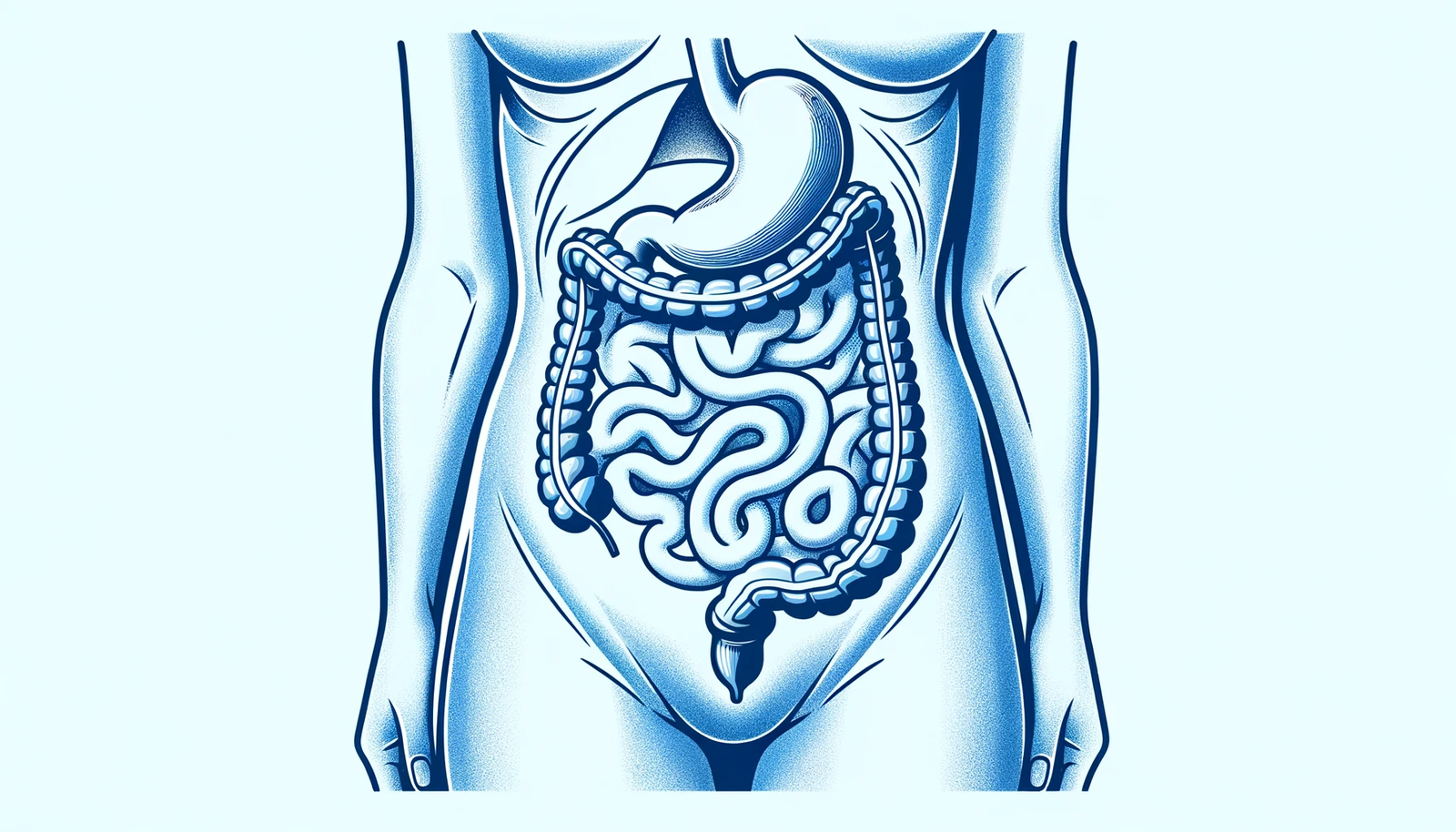
A hernia occurs when an internal organ or tissue protrudes through an opening or weak point in the surrounding muscle or connective tissue.
This often leads to a noticeable lump or swelling in the affected area. Hernias can develop in various parts of the body, but they are most commonly found in the abdominal wall.
Common Types of Hernias.
- Inguinal Hernia: This is the most common type of hernia and occurs when a part of the intestine or fatty tissue pushes through the inguinal canal in the groin area. It’s more common in men.
- Incisional Hernia: This type of hernia develops at the site of a surgical incision, where the tissue weakens or thins over time.
- Umbilical Hernia: This hernia appears as a bulge or swelling near the belly button.
- Femoral Hernia: Similar to an inguinal hernia, a femoral hernia occurs when a part of the intestine or fatty tissue protrudes into the canal that carries the femoral artery and vein. This is also seen in the groin.
Risk factors
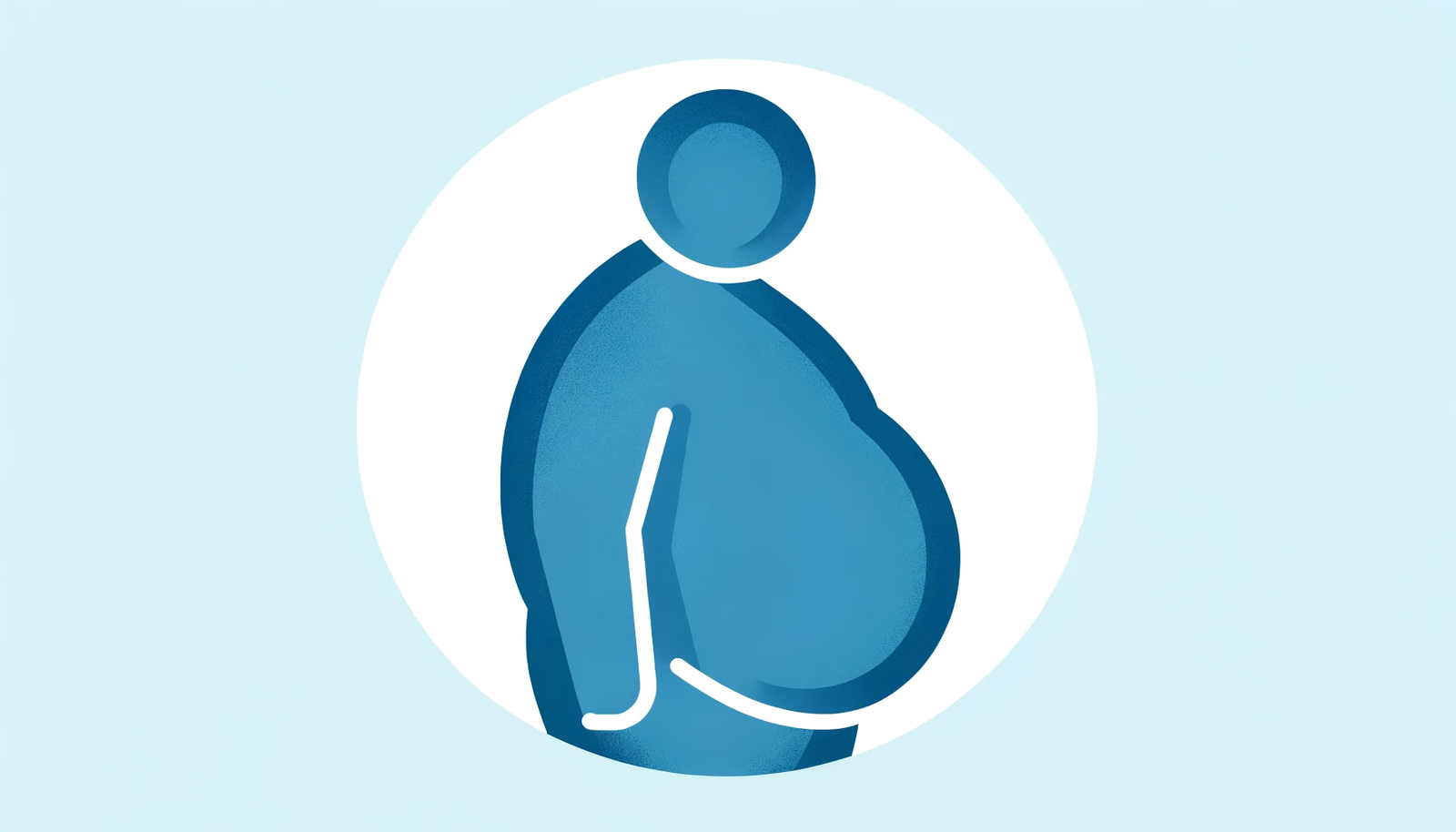
Several factors can contribute to the development of hernias, including:
- Weak Muscles: Weakness in the abdominal wall muscles can result from aging, surgery, injury, smoking or a congenital predisposition.
- Straining: Activities that involve heavy lifting, chronic coughing, or straining during urination / bowel movements can increase the risk of hernias.
- Obesity: Excess weight can put additional pressure on the abdominal muscles, increasing the likelihood of hernia development.
- Pregnancy: The strain on the abdominal muscles during pregnancy can lead to hernias, especially umbilical hernias.
Signs and Symptoms
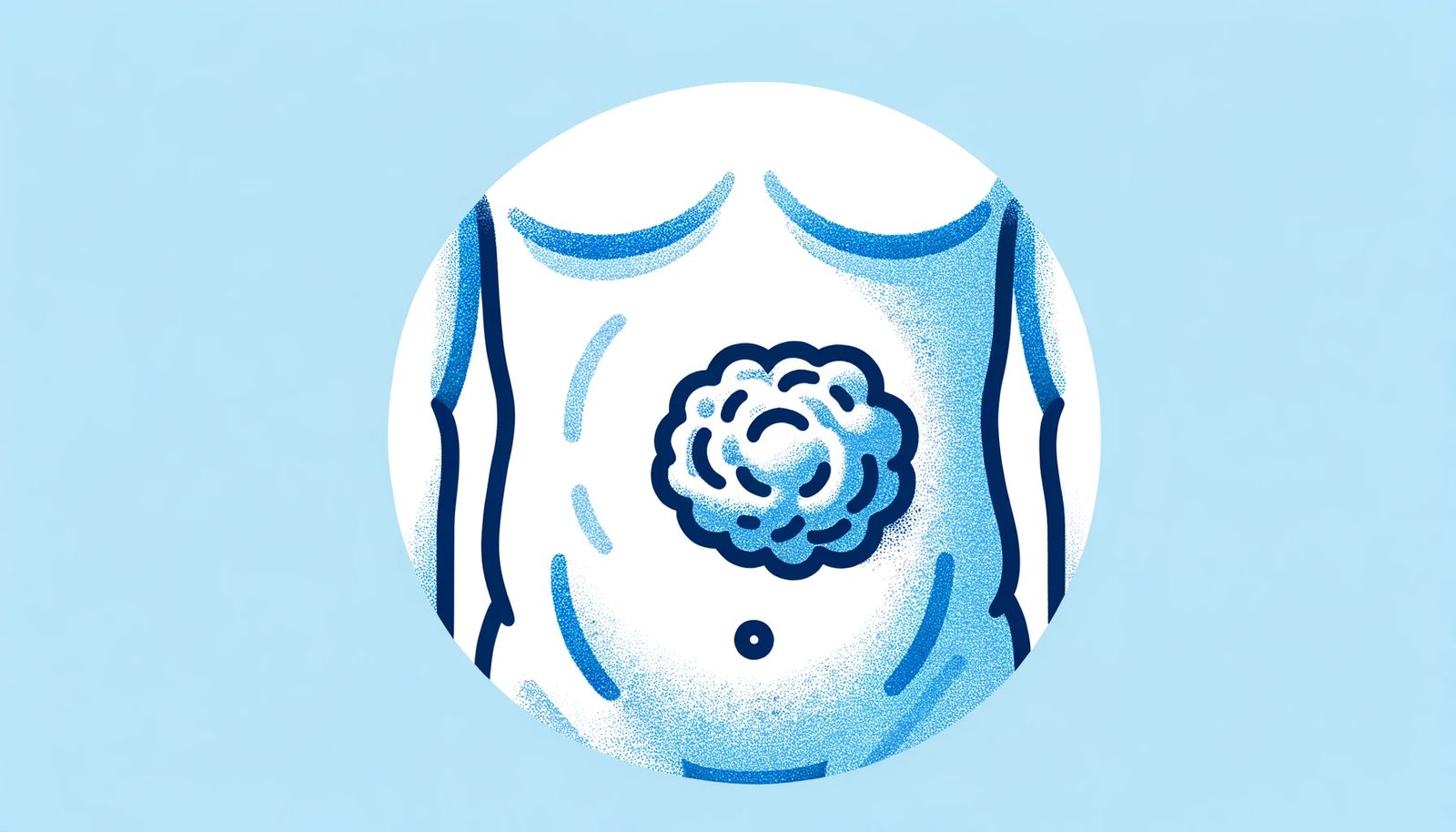
The symptoms of a hernia can vary depending on the type and location, but common signs may include:
- Visible Lump: A noticeable bulge or swelling at the hernia site, which increases in size on coughing.
- Pain or Discomfort: Some hernias cause pain, particularly when you lift heavy objects or strain.
- Pressure or Heaviness: A feeling of pressure or heaviness in the affected area.
- Burning or Aching Sensation: Discomfort, burning, or aching at the hernia site.

WhatsApp and book a Consultation.
If you are experiencing the mentioned signs and symptoms, we urge you to take prompt action. To schedule an online consultation, please reach out to us via WhatsApp. You have the option to click on the 'Book Consultation' link or directly message us at +91 82177 51382 for immediate assistance.
Treatment Options
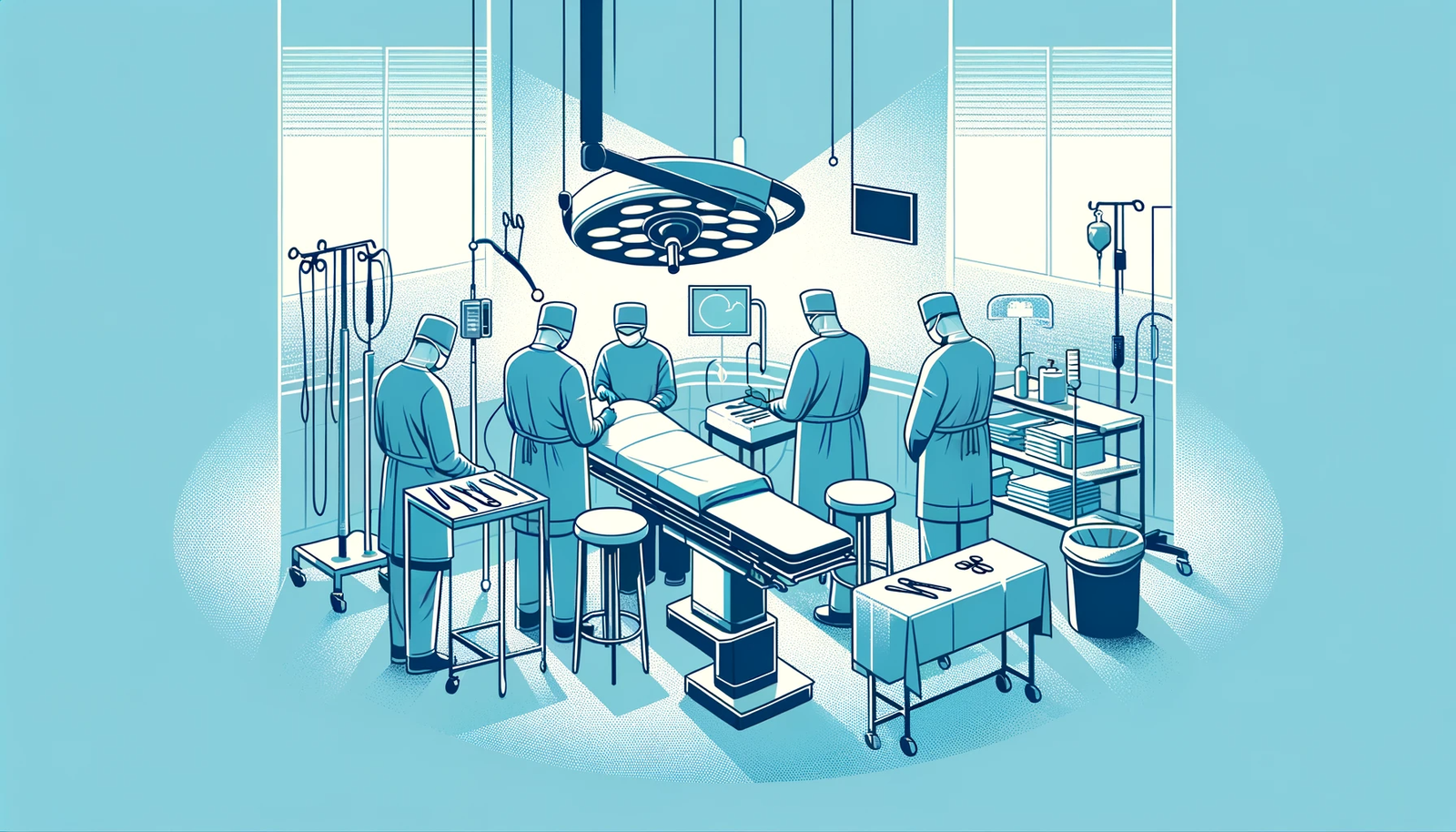
The treatment of a hernia typically involves surgical intervention. Some common approaches include:
- Laparoscopic Hernia Repair: This minimally invasive technique involves smaller incisions and the use of a laparoscope to guide the repair and place a mesh.
- Open Hernia Repair: In this procedure, a surgeon makes an incision over the hernia, pushes the protruding tissue back into place, and reinforces the weakened muscle or tissue using a non-absorbable mesh.
Conclusion
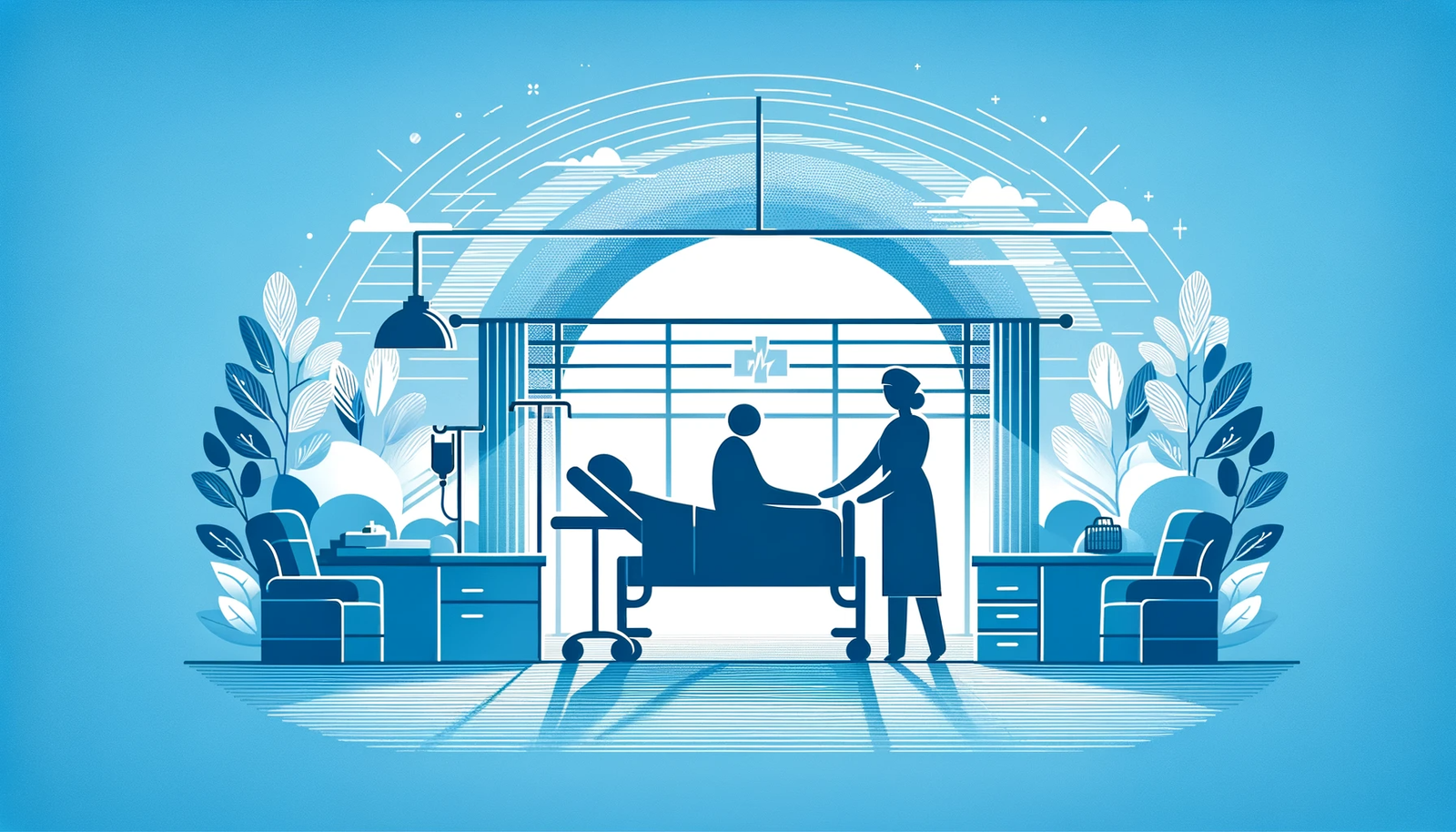
Hernias are common, but they are treatable. It’s crucial to seek medical attention if you suspect you have a hernia or are experiencing symptoms. Early diagnosis and appropriate treatment can help you manage this condition and prevent complications. If you have concerns about a hernia, consult with us to determine the best course of action for your specific situation.